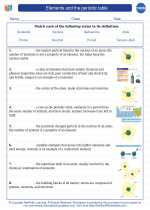Detritivores: Role in Ecosystem
Detritivores are an important component of the ecosystem as they are responsible for the decomposition of organic matter. They feed on detritus, which includes dead plants, animals, and other organic materials. Through their feeding activities, detritivores break down complex organic compounds into simpler forms, such as carbon dioxide, water, and inorganic nutrients.
Types of Detritivores
There are various types of detritivores, including earthworms, millipedes, dung beetles, and certain species of insects and crustaceans. These organisms play a vital role in the process of decomposition and nutrient cycling within the ecosystem.
Detritivores and Nutrient Recycling
Detritivores contribute to the recycling of nutrients by releasing these simpler compounds back into the environment. The nutrients are then made available for uptake by plants, which in turn are consumed by primary consumers, thus continuing the flow of energy and nutrients through the food chain.
Importance of Detritivores
The presence of detritivores is crucial for maintaining the balance of the ecosystem. Without their activities, organic matter would accumulate, leading to the depletion of nutrients and the accumulation of waste. This could have detrimental effects on the overall health and functioning of the ecosystem.
Study Guide
- Define detritivores and their role in the ecosystem.
- Identify and describe at least three types of detritivores.
- Explain how detritivores contribute to nutrient recycling within the ecosystem.
- Discuss the importance of detritivores for the maintenance of a healthy ecosystem.
- Compare the roles of detritivores and decomposers in the ecosystem.
Understanding the role of detritivores in the ecosystem is essential for comprehending the interconnectedness of living organisms and the processes that sustain life on Earth.
.◂Chemistry Worksheets and Study Guides High School. Elements and the periodic table
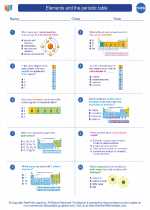
 Worksheet/Answer key
Worksheet/Answer key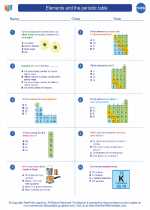
 Worksheet/Answer key
Worksheet/Answer key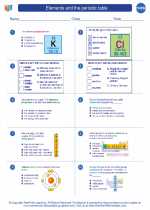
 Vocabulary/Answer key
Vocabulary/Answer key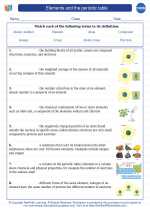
 Vocabulary/Answer key
Vocabulary/Answer key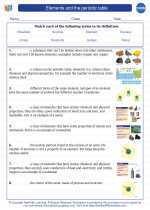
 Vocabulary/Answer key
Vocabulary/Answer key